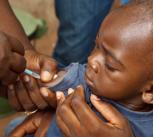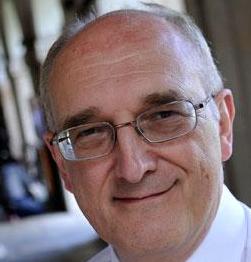
Infectious Diseases are covered by many aspects of the Centre's work and are a core theme. There is a general interest in Epidemiology, Pathogenic Mechanisms and therapy as well as research into specific infections such a Tuberculosis and Meningitis. Other areas include Pathogen Evolution and Anti-Microbial Resistance.
Infectious diseases are studied in the context of both the infecting microbe and the hosts they infect. We consider the impact of genetics, immunity and environment on susceptibility to infection. We use phylogenomics to study the evolution and spread of infections in real time and space. We work on neglected and fastidious pathogens using an integrated approach and develop real technologies that can be exploited and utilised by those working in disease endemic areas. We use such mobile technologies to capacity build and train the next generation of young investigators and clinicians.
For each theme this website highlights the current research undertaken at Cambridge with our collaborating partners, our researchers and their current and future research interest as well as notable exchange programmes, fellowships or publications which meet the Centre's Mission and Vision.
Read more:
Pathogen Evolution and Emerging Threats
Parasitic and Neglected Infectious Tropical Diseases
Immunity in the Compromised Host
Images
Left: Vaccinations in Ghana, Credit: gavi_2012_olivier_asselin



 "All the best science in the world without translation into policy really is of no practical value in the world of tomorrow. Doing the science itself is not enough –we have to work with those who are in positions of making decisions, as these will affect the lives of citizens."
"All the best science in the world without translation into policy really is of no practical value in the world of tomorrow. Doing the science itself is not enough –we have to work with those who are in positions of making decisions, as these will affect the lives of citizens."